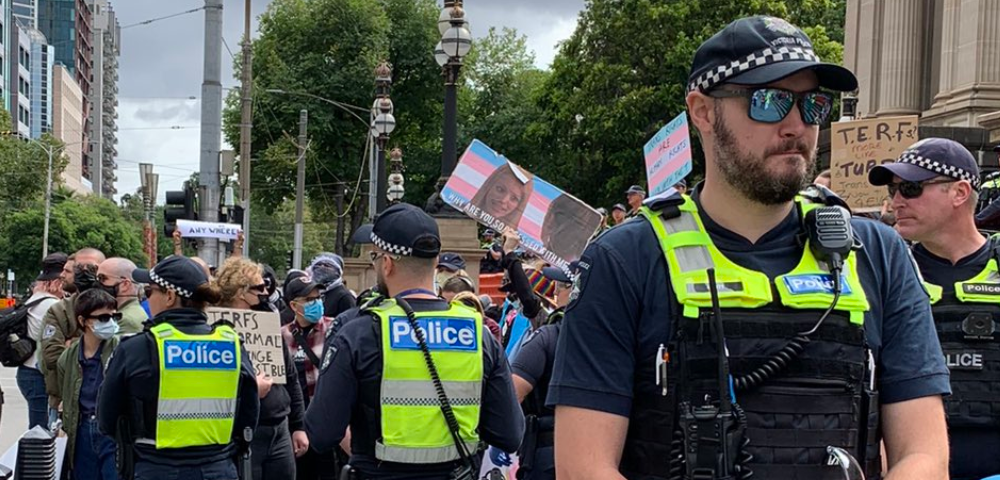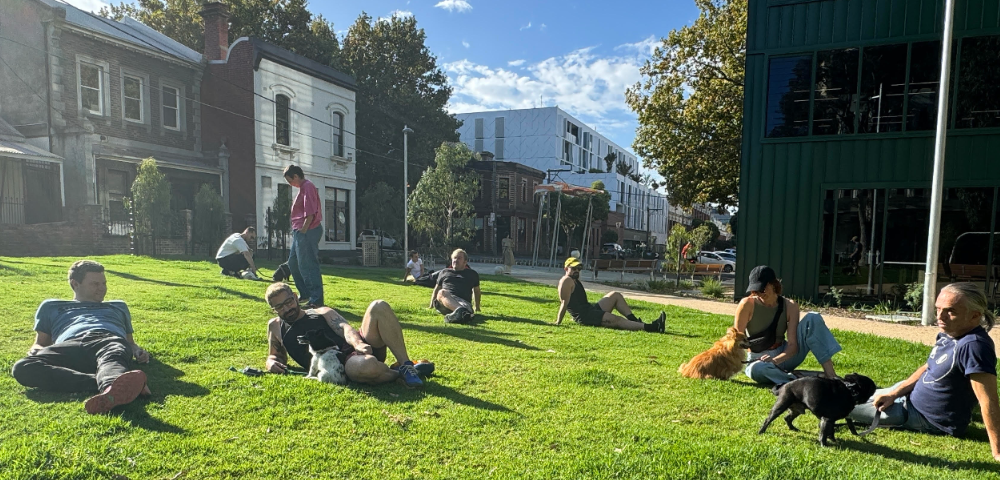
Victorian MPs divided over bill to protect queer workers from religious discrimination

MEMBERS of Victoria’s upper house are currently divided over a bill that aims to protect sexual and gender diverse people from religious discrimination in the workplace.
The bill makes amendments to the Equal Opportunity Act, preventing religious organisations and schools from discriminating against LGBTI employees unless their sexual or gender identity is an ‘inherent requirement’ of the job.
A debate over the reforms kicked off in parliament earlier this week, with the Liberal-National Coalition strongly opposed to them and the Greens tentatively in support.
Liberal MP Gordon Rich-Phillips said the bill was an attack on Victorian religious institutions.
“It is an attack on Victorian people of faith by an extreme left-wing government, one of the most extreme left-wing governments the state has seen in generations,” he said.
“This bill is not about fixing a problem, it’s about pushing an ideology, the same ideology that is seeking to deliver the Safe Schools program upon Victorian students.
“It will strongly be opposed by the Liberal-Nationals coalition.”
Democratic Labour Party MP Rachel Carling-Jenkins reflected similar sentiments.
“The DLP will not be supporting this bill,” she said.
“I note that the term ‘discrimination’ has increasingly become used in a derogatory sense – however, the definition of discrimination is to recognise and understand the difference between one thing and another.
“It is to discriminate between toothpaste flavours, if you will.”
As the EOA currently stands, religious organisations, bodies, and schools are able to discriminate against a prospective or current employee based on their sexual or gender identity if it is on religious grounds.
The new bill will reinstate the ‘inherent requirements test’, so that bodies and schools will only be able to do so if they can prove it is an inherent requirement of the position.
Mike* and his partner were both Catholic schoolteachers working at the same school.
They felt forced to take elaborate steps to hide their relationship from colleagues as they feared the repercussions it might have on their careers.
“We set up our house with two bedrooms so if any colleagues came over we could pretend we were just flatmates,” he said.
Mike has left the school and now works at an independent school where he is open about his relationship, however his partner still has to conceal his relationship at the Catholic school.
“He’s not able to take a day off work if I’m sick – he has to be very guarded as to who he reveals his lifestyle to.”
During the debate, the Greens stated they would support the bill, however questioned its size and moved to include their own amendments.
The Greens previously introduced their own bill protecting LGBTI students from discrimination in religious schools, however it was voted down in parliament earlier this week, 32 – 6.
Greens MP Sue Pennicuik called the government’s bill modest and simple.
“Ideally the Greens and many in the community would like to see that there are no exceptions for religious schools or organisations and that they are not able to discriminate in matters of employment,” she said.
“This bill is simple, it only replaces the inherent requirements test that was removed by the previous government.
“Our amendments would mean that in religious schools or organisations, none of these attributes [sexuality, gender identity, etc] would be allowed to be included as an inherent requirement of a job.”
Labor MP Cesar Melhem said he didn’t support the Greens amendments.
“That is why the bill is only a few pages long,” he said.
“It specifically addresses one particular point in relation to employment, to eliminate some discrimination from the existing legislation.
“Some people call [inherent requirements] discrimination, I do not. I think it is an inherent part of the job and I think it ought to be maintained.”
The debate will resume in Victoria’s upper house today.
*Mike’s name was changed to protect his privacy.









